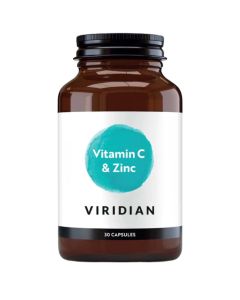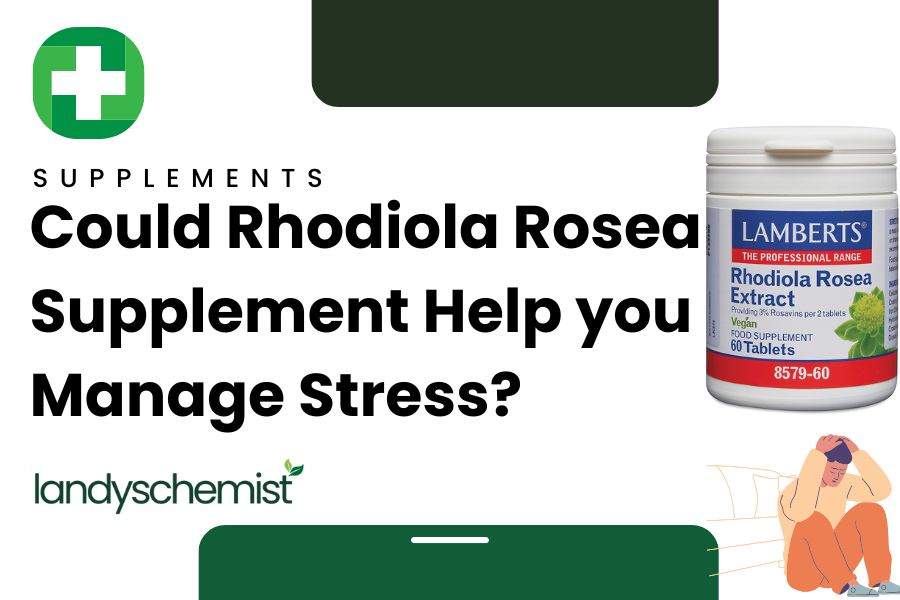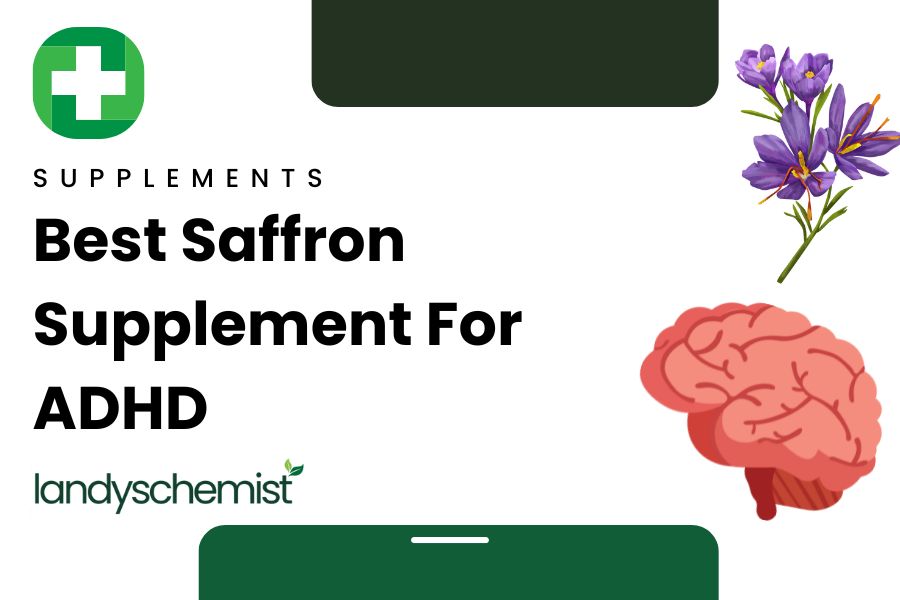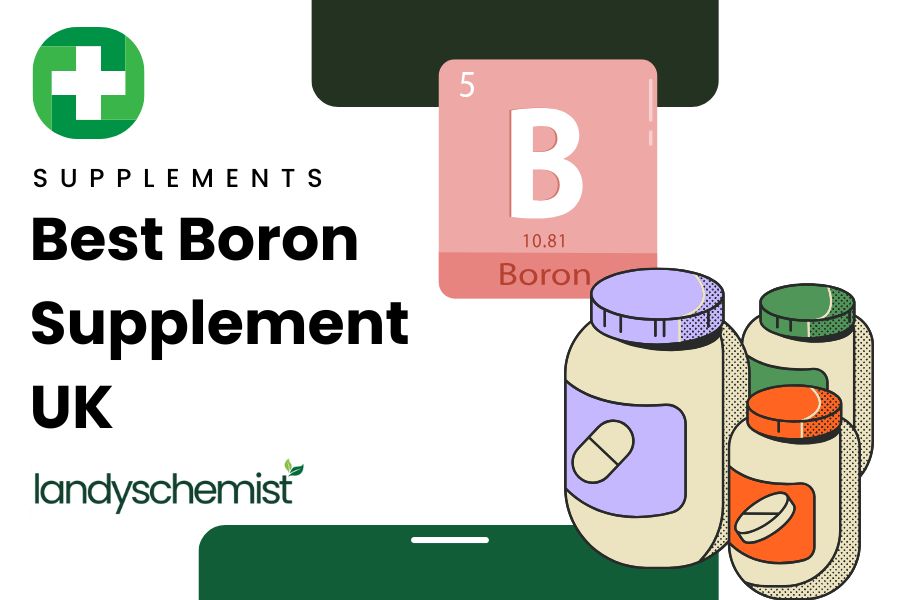
The Benefits Of Vitamin C & Zinc When Taken Together
Zinc and vitamin C support your immune system, reducing the risk of a number of diseases like heart disease and stroke. Taken together, vitamin C and Z give your body an immune-supportive boost.
We often discuss the advantage of vitamins and minerals individually. They each have powerful benefits for our bodies and mind and play a specific role within the body. However, as you may have noticed with the variety of supplements available, certain nutrients are often joined together into a single supplement. This is done for very specific reasons.
Here, we look specifically at one popular combination, zinc and vitamin C, and discuss the benefits of each and how they work together in the body.
How Do Vitamin C And Zinc Work Together?
Vitamin C and zinc each benefit various systems in the body but they both support the immune system and reduce the risk of disease. Taking these two nutrients together gives a joint boost to your immune system. Additionally, vitamin C contains ascorbic acid, which is thought to help with zinc absorption – though studies have not found conclusive results yet.
IS IT OKAY TO TAKE VITAMIN C AND ZINC TOGETHER?
Yes, you can take vitamin C and zinc together as they are compatible nutrients that have a synergistic relationship. In fact, taking these two nutrients together can actually be better for your immune system – which is why supplements often include zinc and vitamin C together.
What Do Vitamin C And Zinc Do For The Body?
Every nutrient, be it a vitamin, mineral or other nutrient, has multiple uses in the body. A well-balanced and healthy diet, whether from food alone or with the help of supplements, will ensure you don't suffer from the effects of nutritional deficiencies, diseases or other health conditions. To better understand the benefits of vitamin C and zinc, let's look at them as individual nutrients.
Benefits Of Vitamin C
Vitamin C is an antioxidant, meaning it prevents or slows damage to cells from free radicals, which are commonly found in cigarette smoke, pollution, alcohol and industrial chemicals. This makes vitamin C a key nutrient to protect our bodies from damage.
Vitamin C is primarily found in white blood cells, the primary cells of the immune system, at elevated levels. Vitamin C is needed to create white blood cells in order to protect the body against infection.
Vitamin C can't be stored in the body, which is why it is important to get a daily dose.
Benefits Of Zinc
Zinc is used to break down carbohydrates and proteins so they can be used in the body. This is important as carbohydrates are the main source of energy for the body and protein is used to build and maintain muscles.
Zinc is used to heal wounds, support cell growth and keep the immune system strong. Recently, studies have found zinc is important for preventing defects in the immune system, which can lead to skin disease and low antibody levels, which in turn allows for repeat infections.
Zinc can't be stored in the body, so a daily intake is required to maintain its benefits.
Side Effects Of Vitamin C And Zinc Supplementation
As with all supplements, taking too much of some nutrients can cause issues. You should avoid vitamin C and zinc supplements if you are consuming foods high in these nutrients or are taking any other supplements that also include the daily dose of vitamin C and/or zinc in them.
You should also keep to the recommended dose of the supplements – as listed on the container. There is no need to take 'extra' doses, even if you think you need more of a nutrient. Only do this on the recommendation of your GP.
Taken in recommended quantities, you should not experience any negative side effects from taking vitamin C and zinc supplements. You could be taking too much if you experience any of the following side effects:
- Upset stomach
- Headaches
- Unusual/unpleasant taste in your mouth
Taking too much vitamin C is unlikely to have serious negative effects, though there is a risk of:
- Nausea
- Diarrhea
Taking too much of a mineral, like zinc, can have more significant and dangerous side effects, such as:
- Increased urination
- Stomach bleeding
- Uneven heart rate
- Muscle weakness
- Tooth staining
Recommended Vitamin C And Zinc Combined Supplements
This combined supplement is available in various forms to suit your preferences. Vitamin C and Zinc tablets and capsules are suitable for most adults. Gummy forms are better for those who have trouble swallowing or younger people.
If you are interested in taking vitamin C and zinc as a combined supplement, there are two that we would recommend:
There are many vitamin and mineral supplements to choose from, and a variety of brands to get them from. Many brands offer both vitamin supplements and mineral supplements as individual nutrients, as well as combined with other vital ingredients.
Some highly recommended, popular brands to choose for supplements include:
FAQs
Are There Benefits Of Vitamin C Tablets For Skin?
Vitamin C is a powerful anti-inflammatory and antioxidant. The benefits of vitamin C tablets for your body can be attained with a supplement over the long term. For skin conditions like acne and psoriasis, vitamin C topically applied in a cream or serum can be faster acting and more effective.
Is There A Multivitamin With Vitamin C And Zinc?
Yes. You can get a multivitamin with vitamin C and zinc – in fact many multivitamins will contain both nutrients. For example: Solgar Multi One Tablets 30.





